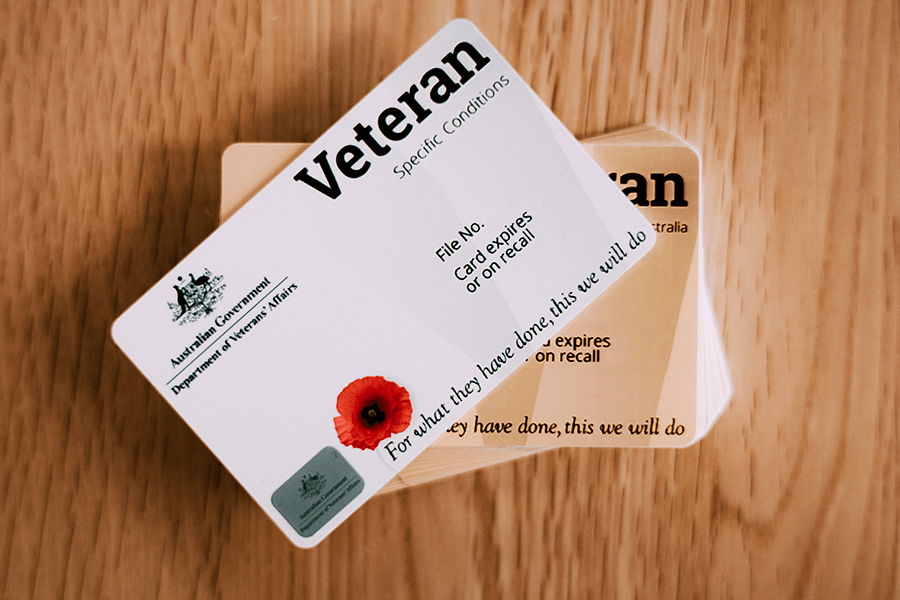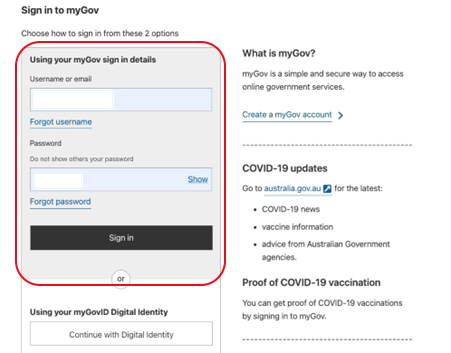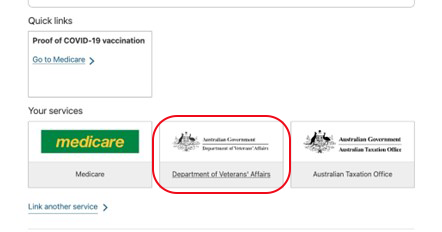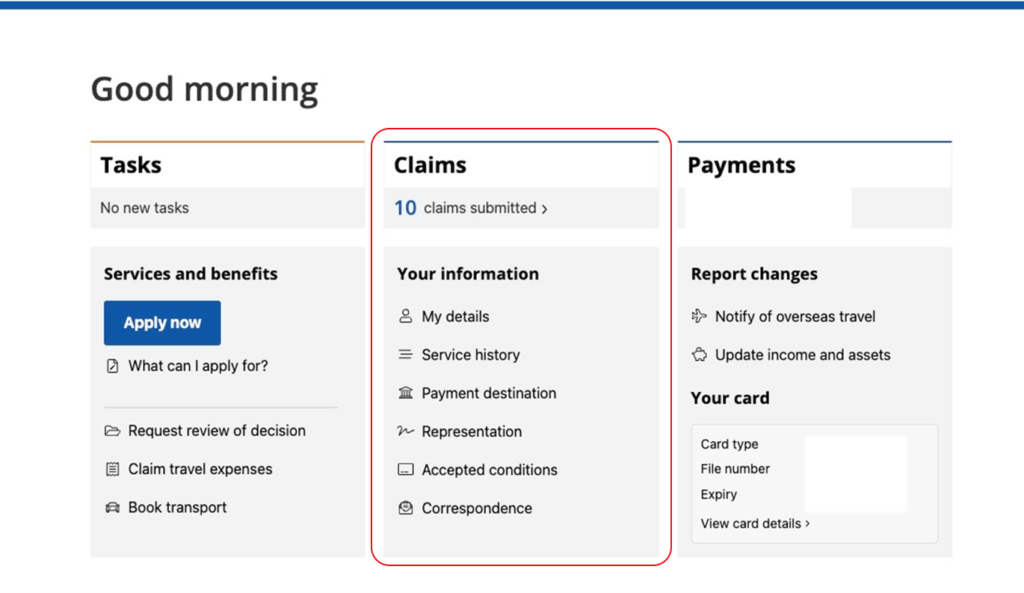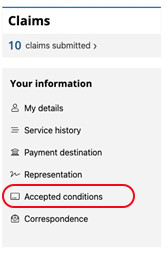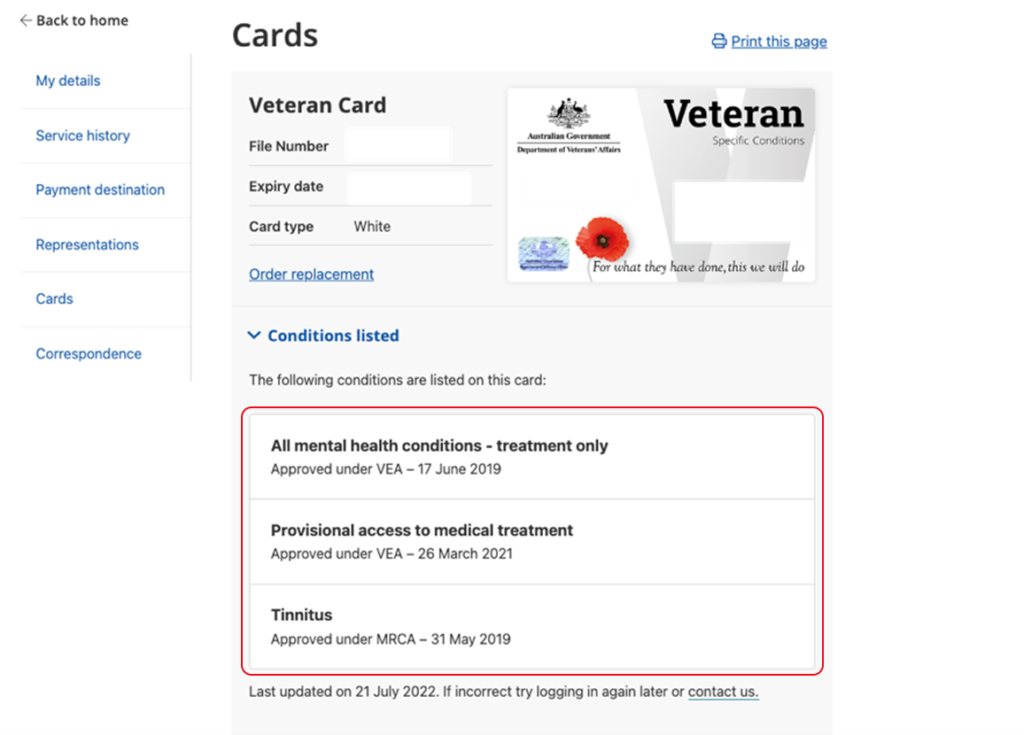Hey there, vets! We all know how important it is to stay healthy, especially after all the challenges you’ve faced during your service. A strong immune system is key to keeping those nasty bugs at bay and staying in top shape.
The good news? You can boost your immune system with the right nutrients in your diet. Let’s dive into some nutrition tips that can help keep your immune system in fighting form and see how dietitians can make it easier for you to optimise your diet.
Why a Strong Immune System Matters
Your immune system is like your body’s personal security detail, constantly on the lookout for harmful invaders like bacteria and viruses. Keeping it strong is crucial, especially for veterans who might have been exposed to some tough conditions.
A robust immune system helps you recover faster and stay healthier overall. So, let’s look at some nutrients that can support a healthy immune system.
Top tips for Immune Health
Fuel appropriately
Not eating enough (under-fuelling) can compromise the immune system, especially for athletes or people who exercise a lot. Eating enough to meet daily activities and exercise demands can support better recovery and gives your body the energy to fight off bugs.
 Vitamin C
Vitamin C
Why You Need It: This powerhouse vitamin is great for protecting your cells from damage and stimulating the production of white blood cells, which fight infections.
Where to Find It: Load up on citrus fruits like oranges, lemons, and grapefruits, and don’t forget strawberries, capsicum, broccoli, and spinach.
Vitamin D
Why You Need It: Vitamin D is crucial for suppressing the over-expression of inflammation and stimulates anti-microbial substances which help destroy invaders.
Where to Find It: Get some sunshine! We can also get some vitamin D through fatty fish like salmon and mackerel, fortified dairy products, and egg yolks.
ZincWhy You Need It: Zinc is essential for the development and communication of immune cells and helps reduce inflammation.
Where to Find It: Meat, shellfish, legumes (beans, lentils, chickpeas), seeds (pumpkin, sesame), and nuts are all zinc-rich.
 Vitamin A
Vitamin A
Why You Need It: This vitamin keeps your respiratory tract healthy and supports white blood cell function.
Where to Find It: Carrots, pumpkin, spinach, kale, and liver are packed with vitamin A.
Vitamin E
Why You Need It: Vitamin E acts as an antioxidant, protecting cells from damage and enhancing T-cell function.
Where to Find It: Nuts (almonds, hazelnuts), seeds (sunflower seeds), spinach, and vegetable oils are excellent sources.
Probiotics
Why You Need It: These friendly bacteria support a healthy gut, which is crucial for a strong immune system.
Where to Find It: Look for yoghurt, kefir, sauerkraut, kimchi, and other fermented foods.
Omega-3 Fatty Acids
Why You Need It: Omega-3s have anti-inflammatory properties and support immune cell function.
Where to Find It: Fatty fish (salmon, mackerel, sardines), flaxseeds, chia seeds, and walnuts are great choices.
Why You Should See a Dietitian
Now, we know it can be tough to keep track of all these nutrients and figure out how to get enough of them in your diet. That’s where a dietitian comes in. These pros are like your personal nutrition coaches, helping you navigate the world of food and nutrition to keep you in peak condition.
Here’s how a dietitian can help:
Personalised Nutrition Plans
Dietitians create customised meal plans based on your specific needs, health status, and lifestyle.
Addressing Deficiencies
They can identify any nutrient deficiencies you might have and suggest ways to fix them.
Practical Advice and Support
Dietitians provide practical tips and ongoing support to help you make lasting dietary changes.
Integrative Health Approach
They work with your other healthcare providers to ensure you’re getting a holistic approach to your health.
Education and Empowerment
Dietitians educate you about nutrition, empowering you to make informed food choices.
Wrapping It Up
Keeping your immune system strong is essential for staying healthy and resilient. By focusing on nutrients like vitamins C, D, and E, zinc, probiotics, and omega-3s alongside a balanced diet, you can give your immune system the support it needs. And remember, you don’t have to do it alone. A dietitian can be your go-to guide for all things nutrition, helping you create a plan that works for you.
—
For more info or to connect with a dietitian, fill in the form below. Let’s work together to keep you strong and healthy!




